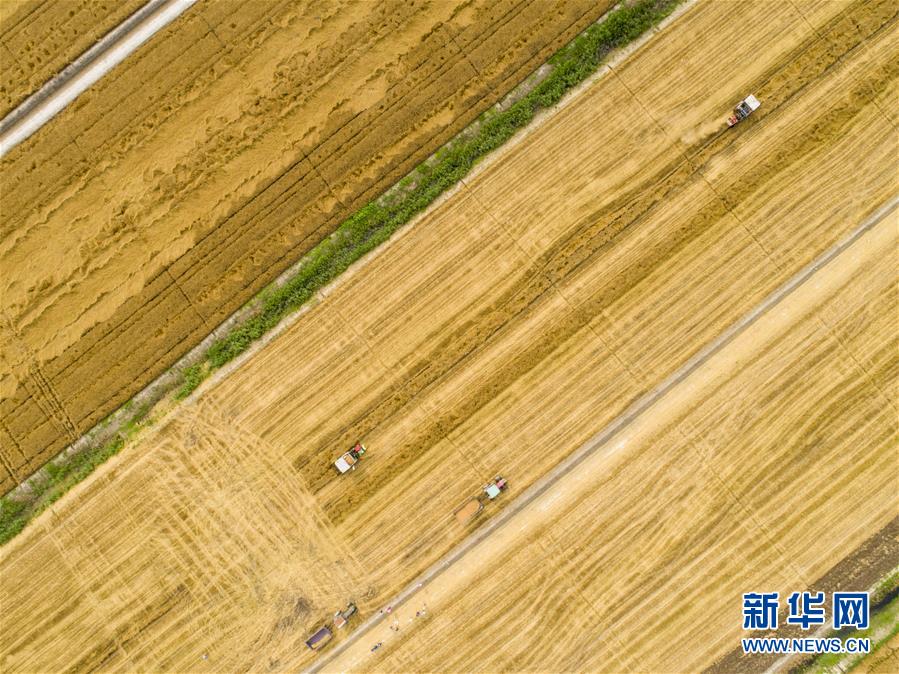Like bathtub water circling a drain,???? ???? ??????? ???????? ??? ?????? ??? a planet far from Earth is swirling closer to its inevitable grim end: death by star.
Astronomers are watching an exoplanet known as Kepler-1658b whose orbit is getting ever-shorter around its dying host star. Theories have predicted this type of Doomsday scenario, but experts say this marks the first time in history they've observed one actually unfolding in space.
The discovery was published on Monday in The Astrophysical Journal Lettersand reveals new information about the drawn-out demise awaiting many worlds, including what's predicted for our own. Scientists believe the sun, now middle-aged, may one day destroy Earth in a similar fashion, billions of years from now.
This Tweet is currently unavailable. It might be loading or has been removed.
What happens for the exoplanet next is pretty bleak: The planet will spiral closer and closer until it ultimately crashes into the star, instantly obliterating it. That'll happen in a swift (well, by the universe's standards) 3 million or less years, according to NASA. That scientific process is called "orbital decay," referring to the shrinking path the planet travels around its star.
Kepler-1658b is classified as a "hot Jupiter," meaning it's a gas giant like our neighboring planet but is much closer to the star it's orbiting than Jupiter is to the sun. The exoplanet, located in a system about 2,600 light-years away, is eight times closer to its star than even Mercury is to the sun. Picture this: It takes less than four days for it to make a complete trip around the star.
Researchers have struggled to find exoplanets with shrinking orbits because the process is slow and difficult to measure. Shreyas Vissapragada, lead author of the study at the Harvard & Smithsonian Center for Astrophysics, found Kepler-1658b's orbit was contracting slowly, by 131 milliseconds per year. Using the observations of three telescopes, scientists detected that Kepler-1658b's revolutions had steadily slipped over the past 13 years.
Want more scienceand tech news delivered straight to your inbox? Sign up for Mashable's Top Stories newslettertoday.
This Tweet is currently unavailable. It might be loading or has been removed.
Scientists believe tides — the same thing that causes oceans to rise and fall — are the cause of these dwindling orbits. On Earth, the gravitational push and pull between the planet and the moon is the catalyst. For Kepler-1658b, it's the interaction with its star. Gravity distorts each body's shape, and the changes release energy, either pulling the two objects closer or farther apart.
But scientists don't clearly understand these dynamics yet.
"Now that we have evidence of inspiraling of a planet around an evolved star, we can really start to refine our models of tidal physics," Vissapragada said in a statement. "The Kepler-1658 system can serve as a celestial laboratory in this way for years to come, and with any luck, there will soon be many more of these labs."
 UK bans new Huawei 5G network gear from September
UK bans new Huawei 5G network gear from September
 Redesigned MacBooks and Apple Watch are coming in 2021, report says
Redesigned MacBooks and Apple Watch are coming in 2021, report says
 HBO reportedly leaving Amazon Prime in 2021 to make way for HBO Max
HBO reportedly leaving Amazon Prime in 2021 to make way for HBO Max
 'Brooklyn Nine
'Brooklyn Nine
 Doug the Pug launches foundation to help sick kids
Doug the Pug launches foundation to help sick kids
 GoDaddy accidentally helped hackers mess with cryptocurrency sites
GoDaddy accidentally helped hackers mess with cryptocurrency sites
 Mysterious monolith is missing, and people have theories
Mysterious monolith is missing, and people have theories
 В Мире танков стал доступен ежедневный табель
В Мире танков стал доступен ежедневный табель
 How to participate in USPS's Operation Santa this year
How to participate in USPS's Operation Santa this year
 What Thanksgiving produce looks like before it hits store shelves
What Thanksgiving produce looks like before it hits store shelves
 UK bans new Huawei 5G network gear from September
UK bans new Huawei 5G network gear from September
 Facebook has put warning labels on 180 million posts since March
Facebook has put warning labels on 180 million posts since March
 How to watch USF vs. SU football livestreams: kickoff time, streaming deals, and more
How to watch USF vs. SU football livestreams: kickoff time, streaming deals, and more
 How to participate in USPS's Operation Santa this year
How to participate in USPS's Operation Santa this year
 Twitter to 'automatically' de
Twitter to 'automatically' de
 'The Mandalorian' Season 2 episode 4 reveals a truly sinister plot
'The Mandalorian' Season 2 episode 4 reveals a truly sinister plot
 10 Tech Enthusiast Guilty Pleasures
10 Tech Enthusiast Guilty Pleasures
 The first country to make period products free vows to help all who need them
The first country to make period products free vows to help all who need them
Free Krispy Kreme: How to get free original glazed doughnutHuawei may apply selfPlanes, Trains, and AutomobilesBest Apple deal: Save $100 on the Apple Watch Series 10 at AmazonBest Kindle deal: Save $50 on Kindle Paperwhite Essentials BundleTSMC chairman Mark Liu to retire in June 2024 · TechNodeWatch the SpaceX craft carrying NASA astronauts dock with the ISSChina's BYD, Chery, SAIC planning EV production in Mexico: report · TechNodeExceptionally rare radio sources detected in the distant universeAlibaba pumps $634 million into Lazada in heated competition · TechNode Croatia vs. Scotland 2024 livestream: Watch UEFA Nations League for free New to streaming, ranked (October 11, 2024) Deeper in Debt Italy vs. Israel 2024 livestream: Watch UEFA Nations League for free Best earbuds deal: Beats Studio Buds+ down to their lowest price ever Dead the Long Year Texas vs. OU football livestreams: kickoff time, streaming deals, and more Amazon Global Store launches official flagship on JD.com ahead of Black Friday · TechNode Space tourism sounds fun. But it could be terrible for the planet. Wordle today: The answer and hints for October 13
0.4474s , 10117.5 kb
Copyright © 2025 Powered by 【???? ???? ??????? ???????? ??? ?????? ???】Enter to watch online.Astronomers see exoplanet caught in a disastrous death spiral,